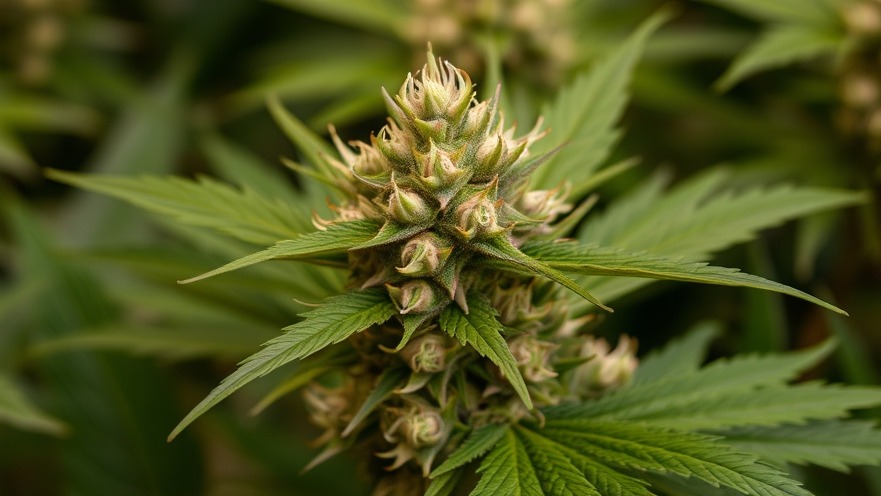
Texas Takes Bold Step in THC Regulation
Governor Greg Abbott is poised to issue an executive order that would enforce a minimum age of 21 for the purchase of THC products in Texas. This move, which follows the conclusion of the Legislature's special session without consensus on THC regulations, reflects a growing trend among states to impose strict controls on cannabis-based products. The conversation around THC regulation is generating significant discussion in Texas, influencing the broader political landscape as the 2025 elections approach.
Understanding the Proposed Changes
Details on the executive order suggest comprehensive regulations similar to alcohol sales, including ID checking, distance requirements from educational institutions, and stringent labeling and testing mandates for THC products. These regulations aim not only to ensure safety and compliance in the burgeoning THC market but also to curb potential misuse among younger populations. Abbott's strategy is not merely about setting age limits; it's about imposing a framework that could shape the future of THC sales across Texas.
Political Context: Why Now?
Interestingly, Abbott's decisive move comes after failed negotiations between state lawmakers, including Lt. Gov. Dan Patrick, who has advocated for a total ban on THC products. This discord reflects deeper divides within Texas politics, especially as leaders grapple with public opinion on drug use and regulation. Abbott's approach might serve as a middle ground aimed at appeasing both sides—those advocating for full prohibition and those in favor of regulated access to THC.
Implications for Texas Retailers and Consumers
Should Abbott's executive order be enacted, consumers will need to navigate a transformed retail landscape. Stores that are not exclusively dedicated to liquor sales could find themselves barred from selling THC products. This policy could also open up discussions about the competitive disadvantage for local businesses compared to larger entities capable of absorbing additional regulatory costs. Meanwhile, supporters of THC products argue that regulation can pave the way for safer consumption practices and reduce the influence of illegal markets.
Public Safety vs. Personal Freedom
The debate surrounding THC regulation often spins into a larger conversation about the balance between public health and individual rights. Advocates for responsible cannabis use argue that adults should be able to make informed decisions regarding THC products, echoing sentiments present during the legalization of alcohol post-Prohibition. Indeed, this juxtaposition edifies the ongoing conversations about various policies, including Texas gun laws and immigration policies, reflecting a politically turbulent climate.
Future Trends: Eyes on Texas Politics
As we lead up to the 2025 elections, THC regulation appears poised to be a hot-button issue. How effectively Abbott implements his executive order may influence public sentiment towards the upcoming races. Politicians and voters alike are expected to keep a keen eye on the regulations set forth, potentially mirroring activism and sentiment seen in states where cannabis has been legalized. Legislators might find themselves challenged to reconcile the will of the people against their political ideologies.
Conclusion: What Lies Ahead for Texas THC Policy?
The discussion surrounding THC products in Texas reflects much broader trends affecting the state. Texas voters will soon have to confront the implications of these impending regulations, which might lead to discussions surrounding public safety, accessibility, and economic considerations—all critical factors leading into the 2025 elections. As Abbott takes steps toward formalizing these regulations, the future of THC sales in Texas remains uncertain and likely to stir considerable debate.
 Add Element
Add Element  Add Row
Add Row 



Write A Comment